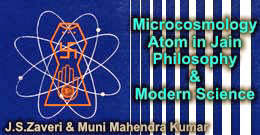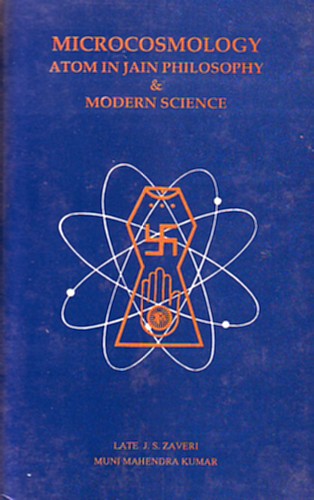
"Ever since men became capable of rational thinking, their actions have mostly depended upon their theories about the universe and its contents and also as to what is good and what is evil. This is an almost eternal truth. Men's environments play an important part to determine their way of living, bur conversely their philosophy does much to determine their circumstances.
"Philosophy is neither theology nor science but something of both. It appeals to reason, rather than authority, like science, but like theology it speculates on matters about which definite knowledge is not ascertained. Science is bounded by definite knowledge while dogma as to what surpasses definite knowledge belongs to theology. Intermediate between them is philosophy.
"Science will not, because it cannot, answer all the questions of great interest to human mind and if we forget what we cannot know, we become insensitive to many things of great value. Are there two orders of existence? Is the universe a systematic unity or a conglomeration of multiplicity? Is reality objective or merely subjective? Answers to these and many other such questions cannot be found in the laboratories. On the other hand, dogmatic belief that we have knowledge, where in fact, we have ignorance, induced by theologies and the very definiteness of the answers given by them causes modern mind to view them with suspicion.
| [1] Sir B. Russell, History of Western Philosophy, pp. 13, 14. |
Jain philosophy is one of the most ancient Indian philosophies. According to the Jain canonical literature the same tenets are propounded again and again by various Tirthankaras by whom the truth is realised, and whose mission is to propagate right knowledge.
Bhagawan Rsabha was the first of the 24 Tirthankaras. References to him are found in Vedas, in Visnu Purana and Bhagavata Purana. 23 Tirthankaras followed Bhagawan Rsabha Bhagawan Aristnemi, the 22nd Tirthankara was contemporary with Lord Krsna. Bhagawan Parsva, the 23rd Tirthankara, is accepted by the modern historians to have lived in the 8th century B.C. After 250 years, Parsva was followed by Vardhamana Mahavira, the 24th and the last Tirthankara. Bhagawan Mahavira was a senior contemporary of Lord Buddha-He lived for 72 years and attained Nirvana at Pavapun in Bihar in 527 B.C. Like all other
| [2] Omniscience can be defined as a pure and perfect (i.e. all comprehensive and all harmonious) extra-sensory experience to which the whole Universe of Reality is presented in the form of a 'complete system' as it really is in its entirety. Thus consciousness of an omniscient directly embraces the totality of existence in the form of a perfect systematic unit as the contents of a single experience.), |
In the following pages, we shall briefly deal with the theory of atom as discussed in Jain canonical literature and its commentaries by ancient Jain saints and seers.
 Jethalal S. Zaveri
Jethalal S. Zaveri
 Prof. Muni Mahendra Kumar
Prof. Muni Mahendra Kumar

